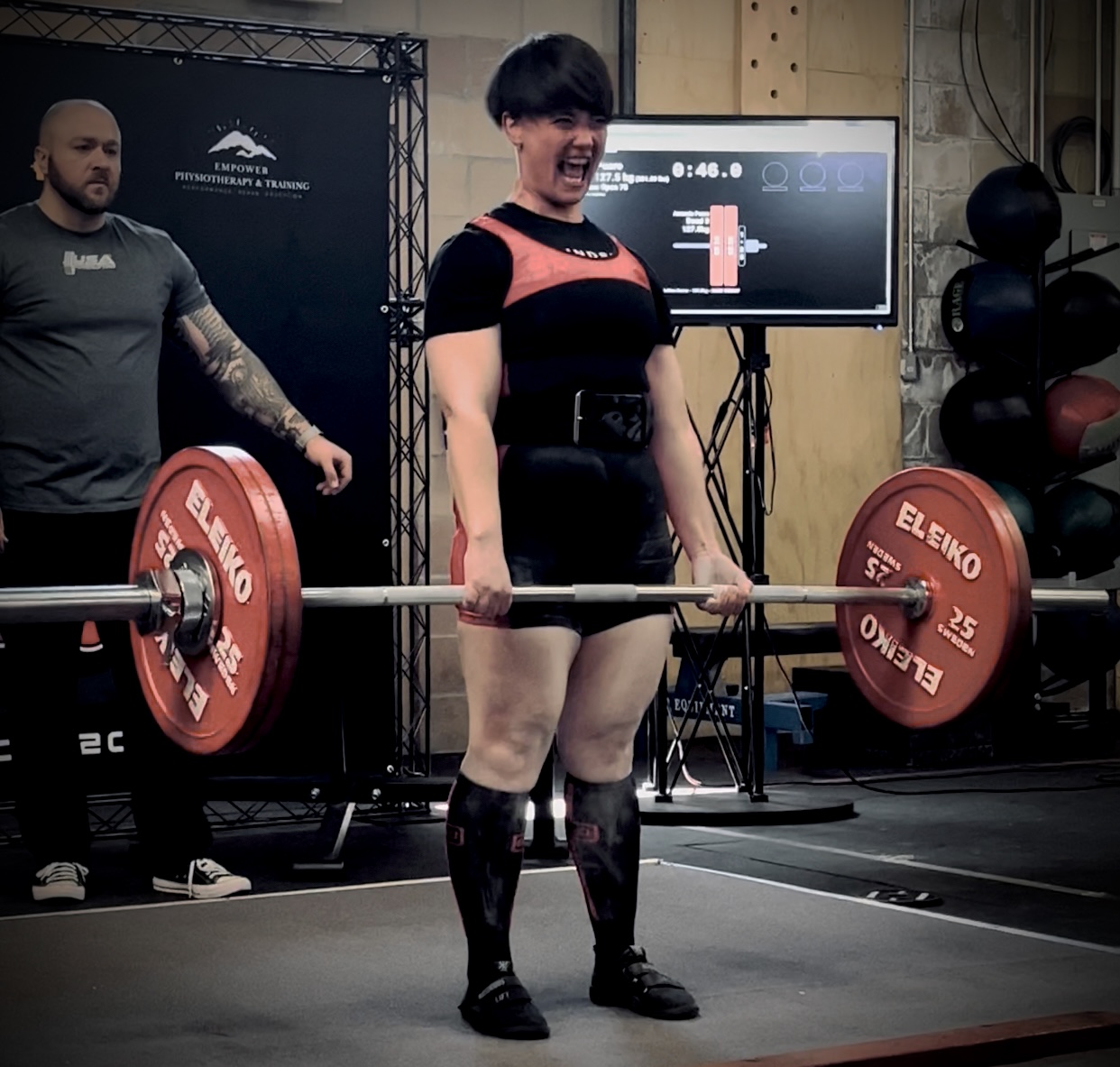Tips for Managing Performance Anxiety as an Adult Musician
- Coach AP
- Oct 21, 2024
- 3 min read
As an adult musician, returning to the stage—whether for a recital, a small gathering, or simply playing for friends—can bring back memories of performance nerves. Performance anxiety is a common experience for musicians of all ages and skill levels. If you're finding it challenging to manage your nerves, rest assured that there are effective techniques for overcoming anxiety and building confidence in your playing. Here are some tips to help you thrive under pressure and enjoy your musical performances.
1. Prepare Thoroughly
Nothing builds confidence quite like preparation. The more familiar you are with your music, the less mental energy you'll expend worrying about missed notes. Break down your piece into manageable sections and practice them consistently. Slow, deliberate practice is essential for building muscle memory, allowing you to rely on your body's natural ability to play—even when your mind is feeling the pressure.
2. Start Small
If performing in front of an audience feels daunting, start with smaller, lower-pressure situations. Play for a close friend or family member, or even record yourself and listen back. Gradually increase your audience size as you become more comfortable. This approach can help desensitize you to the pressure of performance over time, allowing you to build confidence gradually.
3. Practice Deep Breathing
Performance anxiety often triggers a physical response—rapid heart rate, sweaty palms, shallow breathing—which can make playing more difficult. Counter these effects with controlled, deep breathing exercises. Before you perform, take a few moments to inhale deeply through your nose, hold your breath for a few seconds, then exhale slowly through your mouth. This simple technique signals your body to relax and helps reduce anxiety levels.
4. Embrace Visualization
Visualization is a powerful mental tool used by performers and athletes alike. Before your performance, find a quiet space and imagine yourself playing the piece successfully. Visualize every detail, from walking onto the stage to the sound of the applause. By mentally rehearsing positive outcomes, you'll train your mind to expect success rather than fear mistakes.
5. Reframe Mistakes
Mistakes happen, even to the best musicians. The key to handling them is how you respond. Instead of viewing errors as disasters, see them as opportunities for growth. Most audience members won't even notice minor mistakes, and those who do are likely to be forgiving. Keep going, stay in the moment, and trust that you can recover. Remember, music is about expression and connection, not perfection.
6. Adopt a Growth Mindset
Rather than focusing on “getting it right” every time, shift your mindset to embrace growth. Each performance is a learning experience that helps you improve. Whether you’re playing flawlessly or encountering challenges, every experience adds to your skill set. This approach can reduce pressure and help you enjoy the process of making music.
7. Use Positive Self-Talk
The way you talk to yourself before a performance matters. Replace negative or fearful thoughts (“What if I mess up?”) with positive affirmations (“I’ve practiced, and I’m ready for this!”). Repeat these affirmations before and during your performance to counteract anxiety and build your self-confidence.
8. Perform Regularly
The more you perform, the easier it becomes. Treat performances as a skill that can be developed, just like your playing. Schedule regular performance opportunities, even if they’re informal, like performing at a local open mic or playing for a virtual audience. Each experience will help you become more accustomed to the feelings of being in front of an audience.
9. Accept the Nerves
Lastly, accept that feeling nervous is completely normal. Even seasoned musicians experience performance anxiety from time to time. Rather than fighting the nerves, acknowledge them and redirect that energy into your performance. Many musicians find that a certain amount of nervous energy can actually enhance their playing, making it more dynamic and engaging.
Managing performance anxiety as an adult musician is an ongoing process, but with the right techniques, you can perform confidently and enjoy the experience. By preparing thoroughly, adopting a growth mindset, and practicing mindfulness, you’ll be well-equipped to take the stage with poise. Remember, music is about sharing your passion, and your audience is there to enjoy what you bring to the performance—mistakes and all. Embrace the joy of playing, and let that guide you through any nerves that arise.

Comments